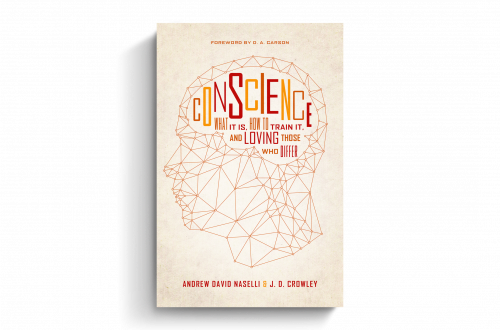 Alan Jacobs is a professor of English at Wheaton College, and he has written a pointed critique of “An Evangelical Manifesto” for The Wall Street Journal. His take on the document is clarifying:
Alan Jacobs is a professor of English at Wheaton College, and he has written a pointed critique of “An Evangelical Manifesto” for The Wall Street Journal. His take on the document is clarifying:
‘The Manifesto is a very American document, the product of an election year, and a strong reaction against a quarter-century of evangelical identification with the Republican Party. . .
‘A purpose finally emerges with the appearance of a word never mentioned by its predecessor: “fundamentalism.” The Manifesto sets a course for evangelicalism that steers between the twin dangers of liberalism and fundamentalism. Few words are needed to distinguish evangelicalism from liberalism, but the authors, while they admit that “the fundamentalist tendency is . . . closer to Evangelicalism” than liberalism, are clearly troubled that “in the eyes of many, the two overlap.” So it turns out that the chief goal of this document is to establish the differences between evangelicalism and fundamentalism.
‘The key distinctions here are two. The first involves science: “Some among us have betrayed the strong Christian tradition of a high view of science . . . and made themselves vulnerable to caricatures of the false hostility between science and faith.” It’s hard not to read this as a repudiation of young-earth creationism and similar movements.
‘Second, “fundamentalism was thoroughly world-denying and politically disengaged from its outset,” and evangelicalism should be, by contrast, politically involved — but in a civil and nontriumphalist way. (This suggests that fundamentalism eventually became political, but unhealthily so.) Following Richard John Neuhaus, the manifesto authors repudiate the idea of the “naked public square,” but they also repudiate “the partisans of a sacred public square, those who for religious, historical, or cultural reasons would continue to give a preferred place in public life to one religion.”
‘Once all the self-description is out of the way, it turns out that the heart of the document is a kind of urgent appeal: Please don’t call us fundamentalists or confuse us with them. This strikes me as a regrettable tack, for two reasons. First, it is defensive, and manifestos should never be defensive. Second, it suggests a concern for labels and public perception that is not attractive in Christians. Besides, people who make the kinds of theological statements found in this document — for instance, “We believe that the only ground for our acceptance by God is our trust in Jesus Christ” — are going to be called fundamentalists no matter what else they say.’
Here’s the rest: “Come On, You Call This a Manifesto?” – by Alan Jacobs (Wall Street Journal)



